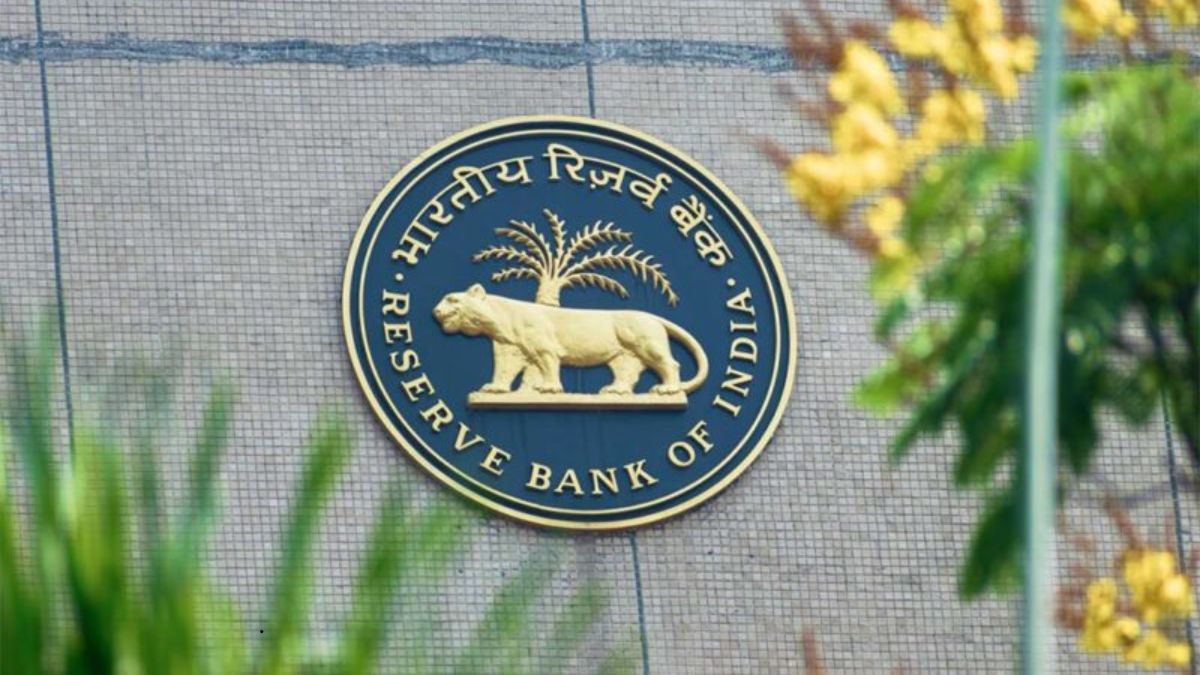RBI Governor Sanjay Malhotra highlighted the growing challenges faced by central banks in stabilising economies amid heightened global uncertainties. Addressing the media after the Monetary Policy Committee (MPC) meeting, Malhotra described the global backdrop as “fragile and highly fluid” but reaffirmed that the Indian economy continues to present “immense opportunities” to investors.
In a surprising move, the Reserve Bank of India cut the repo rate by 50 basis points, reducing it from 6.00% to 5.50%. This cut was sharper than market expectations, as most analysts, including a recent Nuvama report, had predicted a 25 bps cut.
Nuvama had stated, “We anticipate the MPC to cut rate by 25bp and potentially guide for more cuts. Demand conditions continue to soften, as seen in slowing credit growth, auto sales, real estate transactions, and household wages, while inflation has turned quite soft, hovering below 4% on a 3-month moving average basis—both at headline and core levels.”
The report further added that the repo rate could decline to the 5–5.25% range over the current easing cycle. It also pointed out a benign balance of payments (BoP) situation amid a softening USD, improving liquidity, and easing financial conditions. However, it warned that demand recovery could remain slow due to tightening fiscal policy and uncertain export prospects.
Friday morning, the rupee showed signs of weakness ahead of the policy outcome, with the 1-month non-deliverable forward indicating an opening in the 85.86–85.90 range. The rupee had closed at 85.79 in the previous session after a marginal 0.1% gain.
The RBI’s larger-than-expected rate cut is likely to draw attention globally, especially as markets await the U.S. jobs report later today for cues on the Fed’s trajectory.
Disclaimer: The information provided is for informational purposes only and should not be considered financial or investment advice. Stock market investments are subject to market risks. Always conduct your own research or consult a financial advisor before making investment decisions. Author or Business Upturn is not liable for any losses arising from the use of this information.


